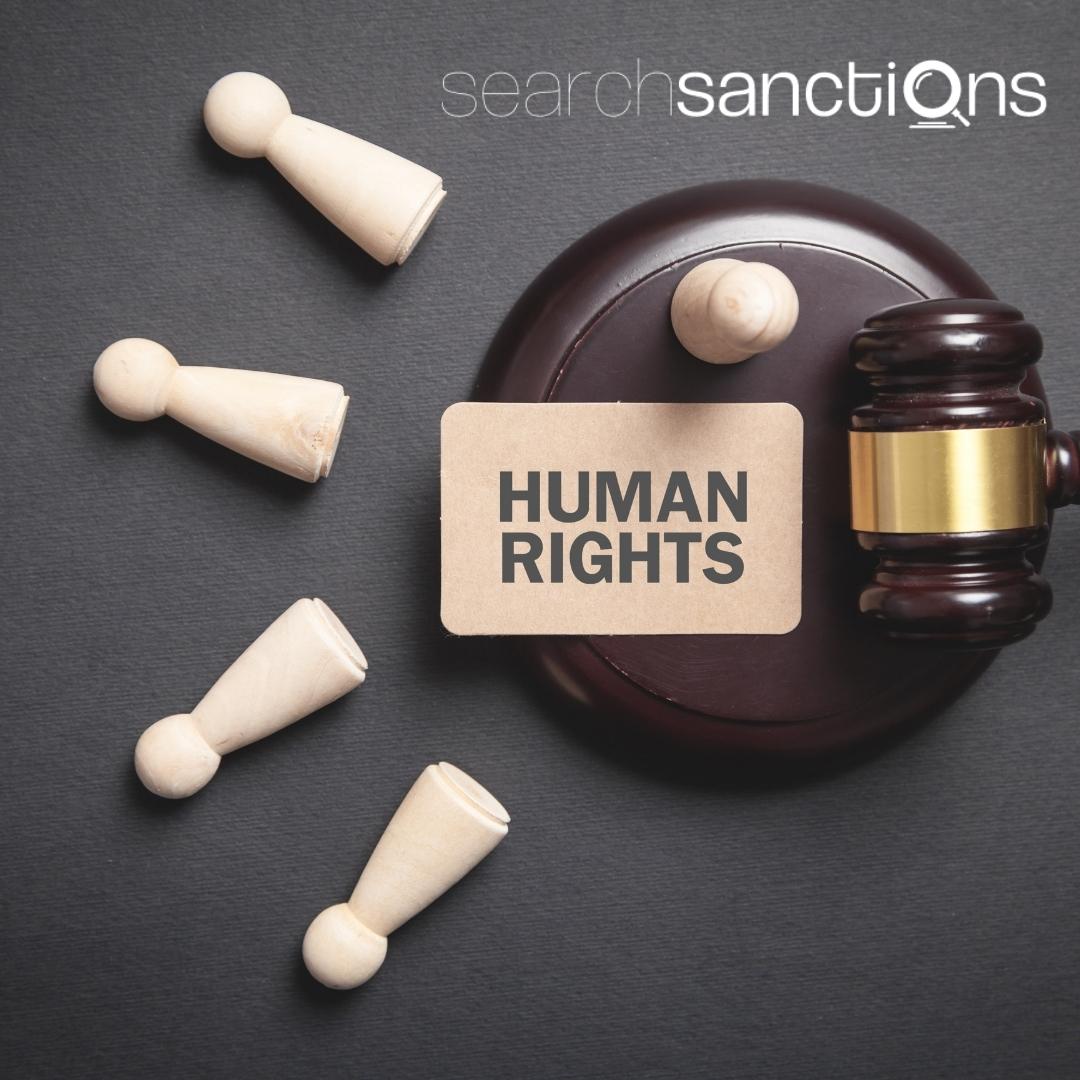Anti Money Laundering and Human Rights: Legal and Ethical Dimensions of AML Measures
Measures in the area of international money laundering and financing of terrorism (AML/CFT) are widely implemented around the world to prevent the activities of criminals and interdict the proceeds of crime. However, the legal and ethical dimensions of AML measures raise some human rights concerns. In this blog post, we will discuss the human rights aspects of AML measures and the legal and ethical dimensions of this area.
Legal Basis of AML Measures
AML measures are underpinned by a range of laws, conventions and rules at national and international level. Countries harmonize their legislation to meet AML/CFT standards, while placing the responsibility on financial institutions to monitor, report and detect the proceeds of crime. This legal framework is essential for the effective fight against money laundering and terrorist financing.
Human Rights Violations and Risk of Profiling
AML measures give financial institutions certain powers to monitor their customers and transactions. However, there is a risk that these powers may be misused or that some individuals may be falsely accused as a result of faulty assessments. Profiling means identifying people based on certain groups or ethnicities and can lead to human rights violations.
Data Privacy and Monitoring of Transactions
The data collection and monitoring processes required for AML measures may conflict with individuals' privacy rights. Financial institutions should be careful when collecting detailed information about their customers and reporting this information to other authorities. It is important to respect data confidentiality and prevent this information from falling into the hands of unauthorized persons.
Rule of Law and the Right to a Fair Trial
While AML measures aim to make it harder for criminals to commit their crimes, it is also important to protect the rule of law and the right to a fair trial. Evidence obtained on the basis of AML measures must be used in a legally valid and fair manner. It is important that evidence of people's guilt is well-founded and processed in accordance with fair trial processes. Furthermore, authorities applying AML measures must not act arbitrarily and abuse their power.
Human Rights Education and Awareness
To minimize the human rights impacts of AML measures, human rights education and awareness programs should be organized among financial institutions and authorities. These programs play an important role in understanding the legal and ethical dimensions of AML measures, taking appropriate measures to protect human rights and avoiding arbitrary enforcement.
The Role of Human Rights Institutions
Human rights institutions play an important role in overseeing the legal and ethical aspects of AML measures, ensuring the protection of human rights and monitoring potential violations. They should provide guidance on human rights compliance in the implementation of AML measures and provide mechanisms to assess complaints.
AML measures are vital to disrupt the proceeds of crime and prevent the financing of terrorism. However, it is equally important to pay attention to the legal and ethical dimensions of these measures and to protect human rights. Ensuring that people are not subjected to arbitrary treatment, data privacy is protected, and the rule of law and fair trials are fundamental principles. Furthermore, human rights education and awareness programs and the active role of human rights institutions will contribute to the human rights-compliant implementation of AML measures. In this way, it will be possible to conduct an effective AML/CFT policy and protect human rights at the same time.
In this blog, we have discussed the legal and ethical aspects of AML measures, highlighting important human rights issues and emphasizing that AML measures should be implemented in accordance with these rights. In summary, we have highlighted the following points:
AML measures are legally based at national and international level and are necessary to prevent the proceeds of crime.
The risk of profiling can lead to false accusations and human rights violations. Fair and objective assessment processes should be used to minimize this risk.
Data privacy is an important issue where information collected through AML measures must be protected. Security measures should be in place to prevent unauthorized access to this information.
The rule of law and the right to a fair trial are important principles in the application of AML measures. The validity of evidence and due process of law require due process.
Human rights education and awareness programs are important to understand the legal and ethical dimensions of AML measures and to protect human rights.
Human rights institutions should oversee the implementation of AML measures in accordance with human rights and monitor violations.
It is important to strike a balance between the effective implementation of AML measures and the protection of human rights at the same time. Taking these points into account will serve the purpose of AML measures to protect human rights while ensuring the security of society.
Request Demo
You can contact us as to our services, integration processes, request demo or customized solutions.


